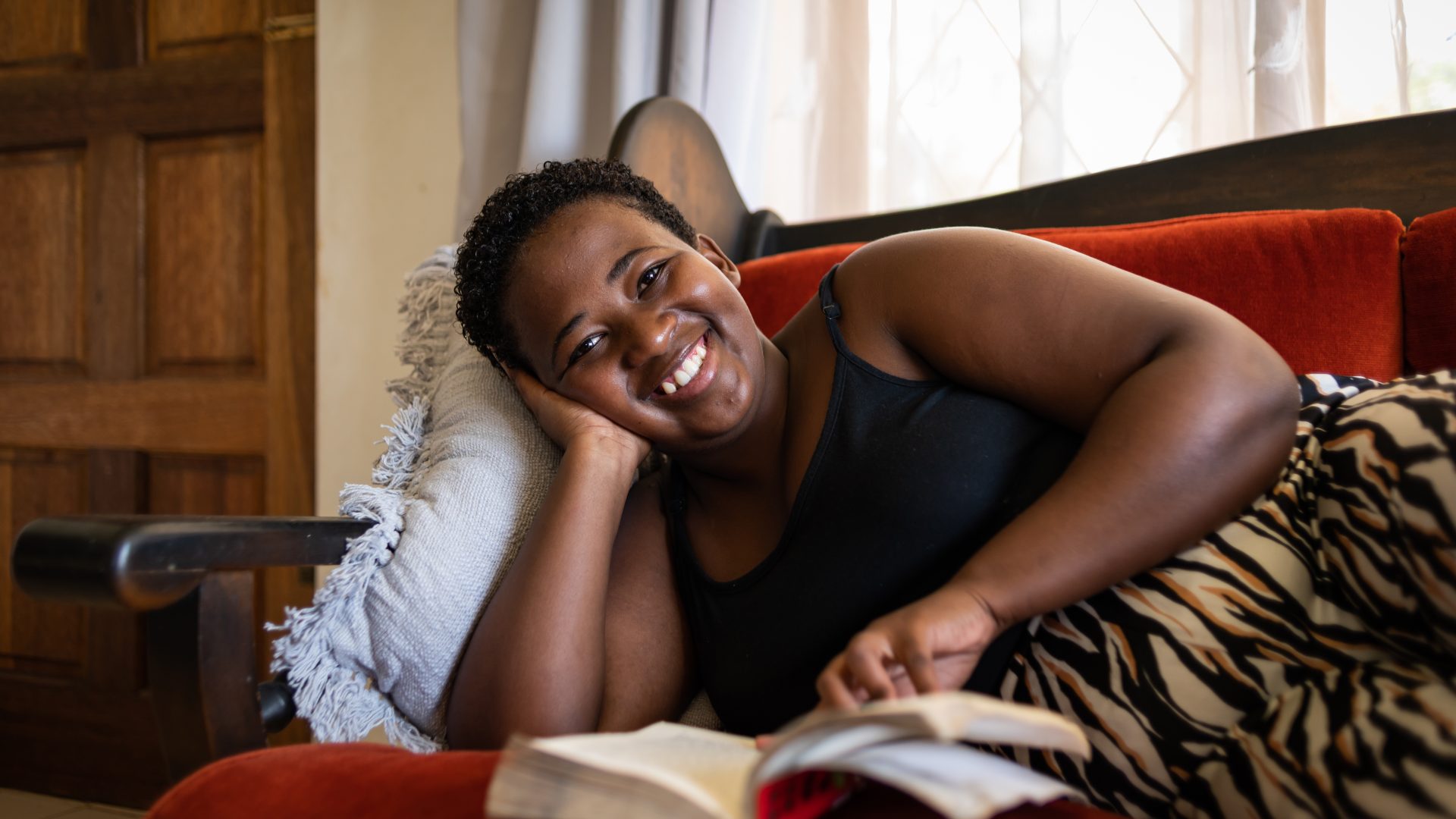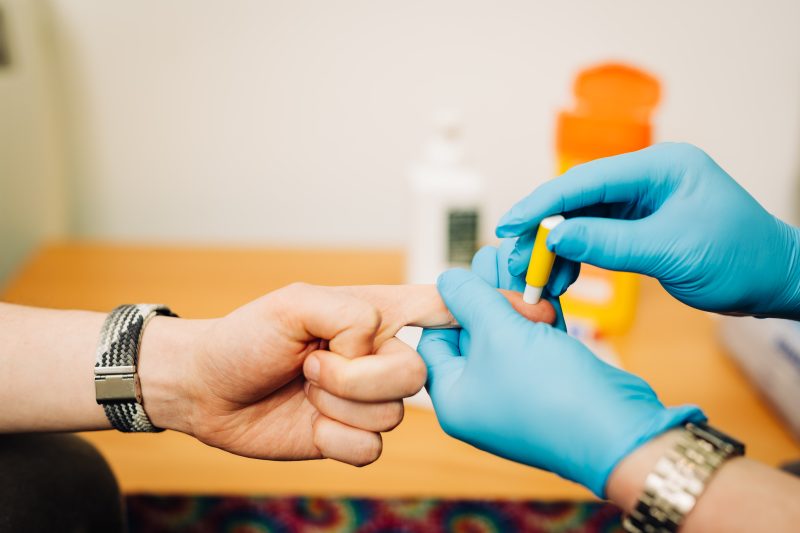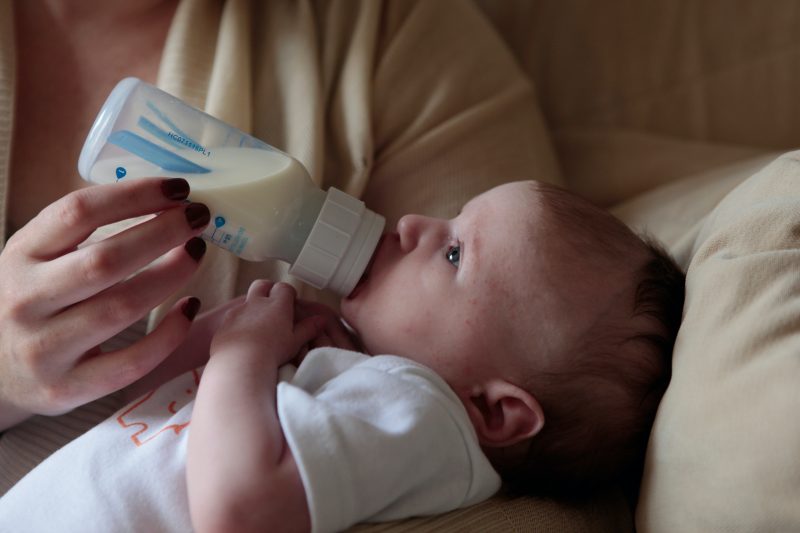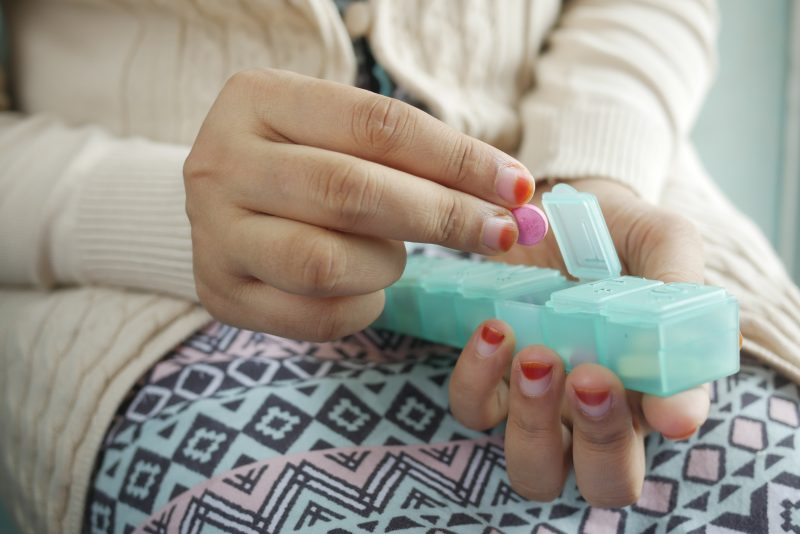Our community-based services aim to raise awareness of HIV, focusing on promoting good sexual health, getting people tested and helping prevent HIV transmission.
African health services
HIV disproportionately affects people of Black-African heritage, particularly in the UK. People from this community are more likely to be diagnosed late, which can lead to poorer health outcomes.
There are several reasons for this, but a significant factor is HIV-related stigma. People who are diagnosed with HIV in these communities may find it challenging to accept their diagnosis and maintain a healthy lifestyle while living with HIV.
This is why Waverley Care provides tailored support to people from African communities who are living with HIV.
What support is available?
Our one to one support services for people from African communities are designed to help you enjoy good health and wellbeing while living with HIV.
We can provide advice and support with:
- talking to partners,
- accessing treatment,
- attending appointments related to HIV treatment or sexual health,
- challenging stigma or discussing faith and HIV,
- signposting to other organisations for help with issues like immigration.
As well as one to one support, Waverley Care works to make sure people from African communities are able to access information, advice HIV testing and prevention tools like PrEP. We also speak to African community organisations and businesses to raise awareness of HIV.
Click on the options below to read more about the services we provide
If you’re living with HIV, we can provide information, advice and support to help you enjoy good health and wellbeing.
We can support you on a one to one basis, taking time to understand your needs and working with you to find a way forward. All of our support is free and confidential, and we can meet you at a time and place that suit you.
We run the following groups in Glasgow:
- Our health and wellbeing group runs every other month and is led by service users. The group have previously discussed physical health, confidence with partners, sharing your HIV status with others and motivation.
- Our mums and tots group supports people living with HIV who have just had a baby. The group aims to improve confidence in formula feeding and encourages participants to offer peer support to one another.
Free and confidential HIV testing, treatment and care is available on the NHS for everyone in Scotland, including refugees and asylum seekers.
You should consider having an HIV test if:
- you have never tested for HIV,
- you have tested before, but since your last negative test you have had unprotected sex, shared injecting equipment or been in a country where medical equipment was not sterile or may have been used on more than one person,
- you are in a committed relationship and are thinking of stopping using condoms.
We offer community-based testing for people living in Glasgow, Lothian, Forth Valley and Lanarkshire. You can find testing services near you by using our service finder.
We can provide information, advice and support around sexual health, including:
- access to free condoms from local venues,
- information about PrEP,
- testing for sexually transmitted infections and HIV,
- talking to your partner about condom use and sex,
- support with reporting domestic abuse.
To prevent HIV transmission to newborn babies through breast/chestfeeding, official guidelines recommend that people living with HIV exclusively formula feed their babies.
We know that this is an expensive option that many new parents struggle to afford, so our NHS-funded infant formula programme offers all African parents living with HIV access to free formula milk for the first year of their baby’s life, along with equipment like bottles and sterilizers.
Alongside the practical support, we can also help you with the social and emotional pressures linked to formula feeding, like:
- concerns about the impact of formula feeding on the health of your child, and your emotional bond with them,
- concerns that not breast/chestfeeding could unintentionally draw attention to your HIV status.
Faith and religion continue to play a significant role in the lives of many people from African communities across Scotland, both in terms of spiritual belief and community togetherness.
Within these faith communities, local pastors are important and respected figures, and we work with them to take conversations about HIV and sexual health to their congregations.
By building relationships with individual pastors, we have been able to deliver a range of HIV awareness and testing workshops with congregations in churches – something that would have been unthinkable only a few years ago.
We work with pastors to raise awareness of the facts around sexual health and HIV and to find ways to share information in a way that is consistent with the teachings of their churches. The approach takes information about HIV to where people are, making it as easy as possible for them to have the opportunity to find out more.
Although much of our work is focused on HIV prevention and support, we can also offer advice and information on a range of issues that affect people from African communities.
Additionally, we can signpost you to the local services that can help you with issues like asylum and immigration.
Looking for support?
If you are a person living with HIV and from an African community, we are here to offer advice and support.




